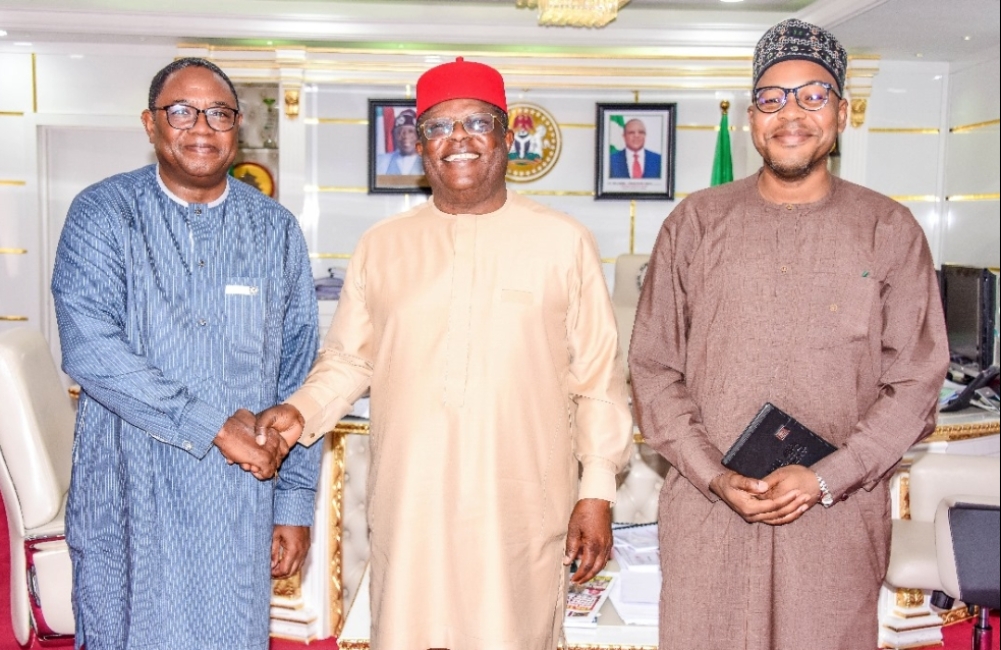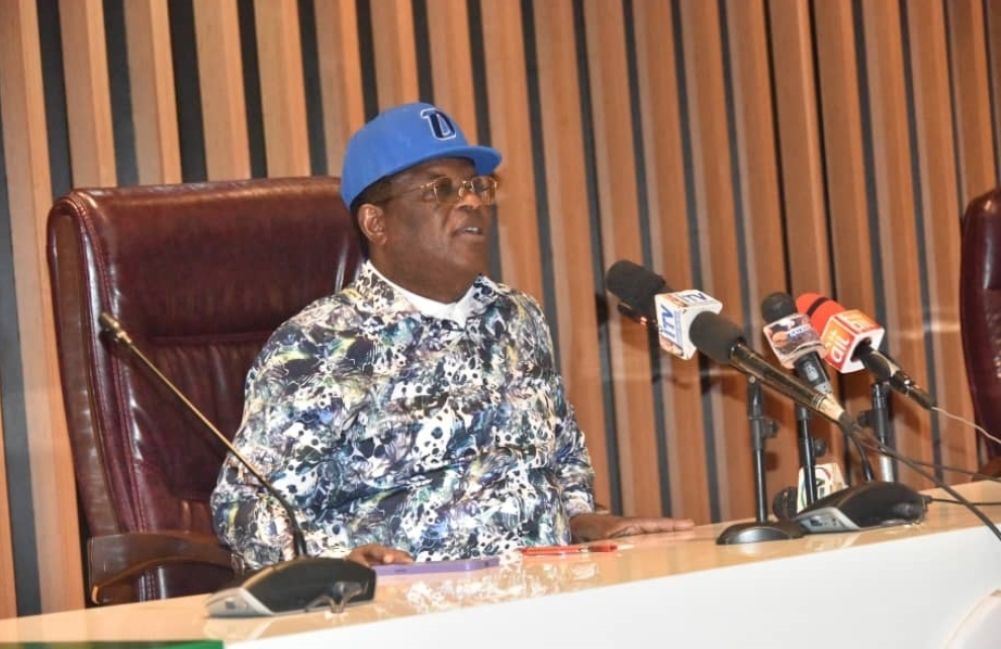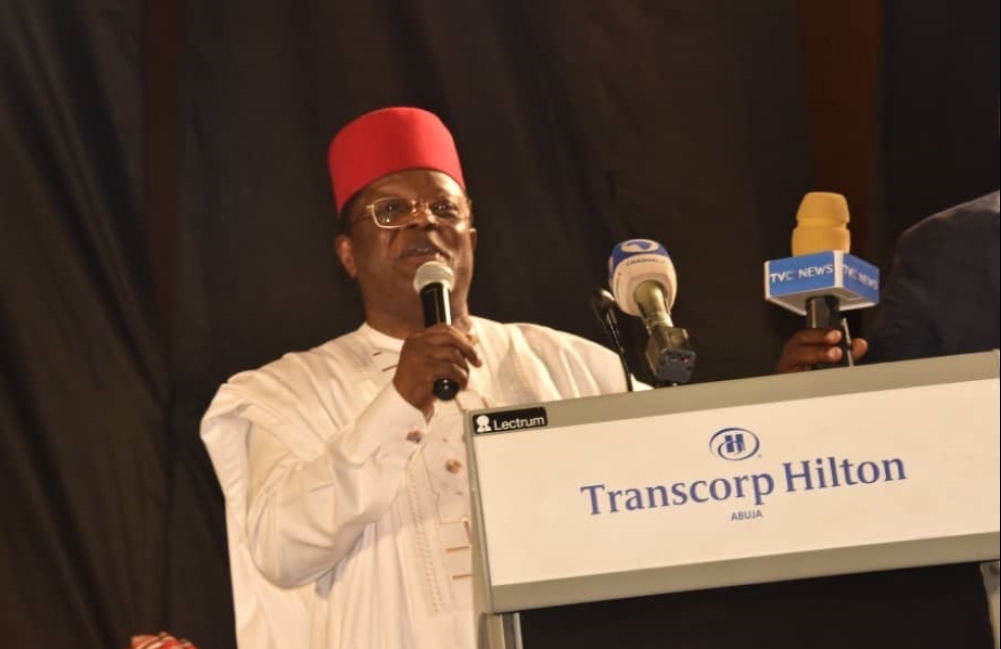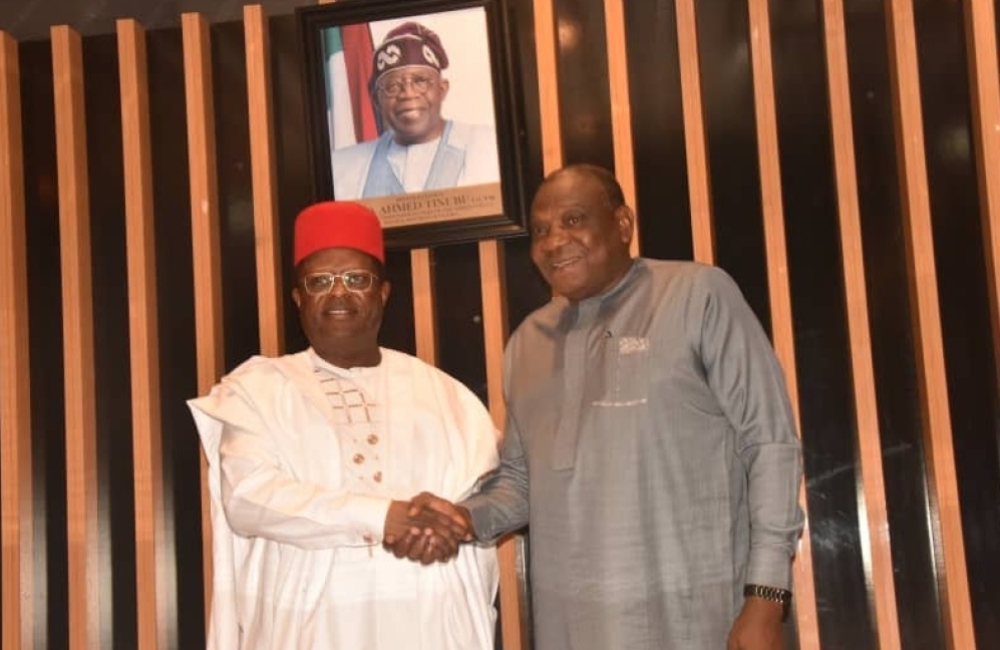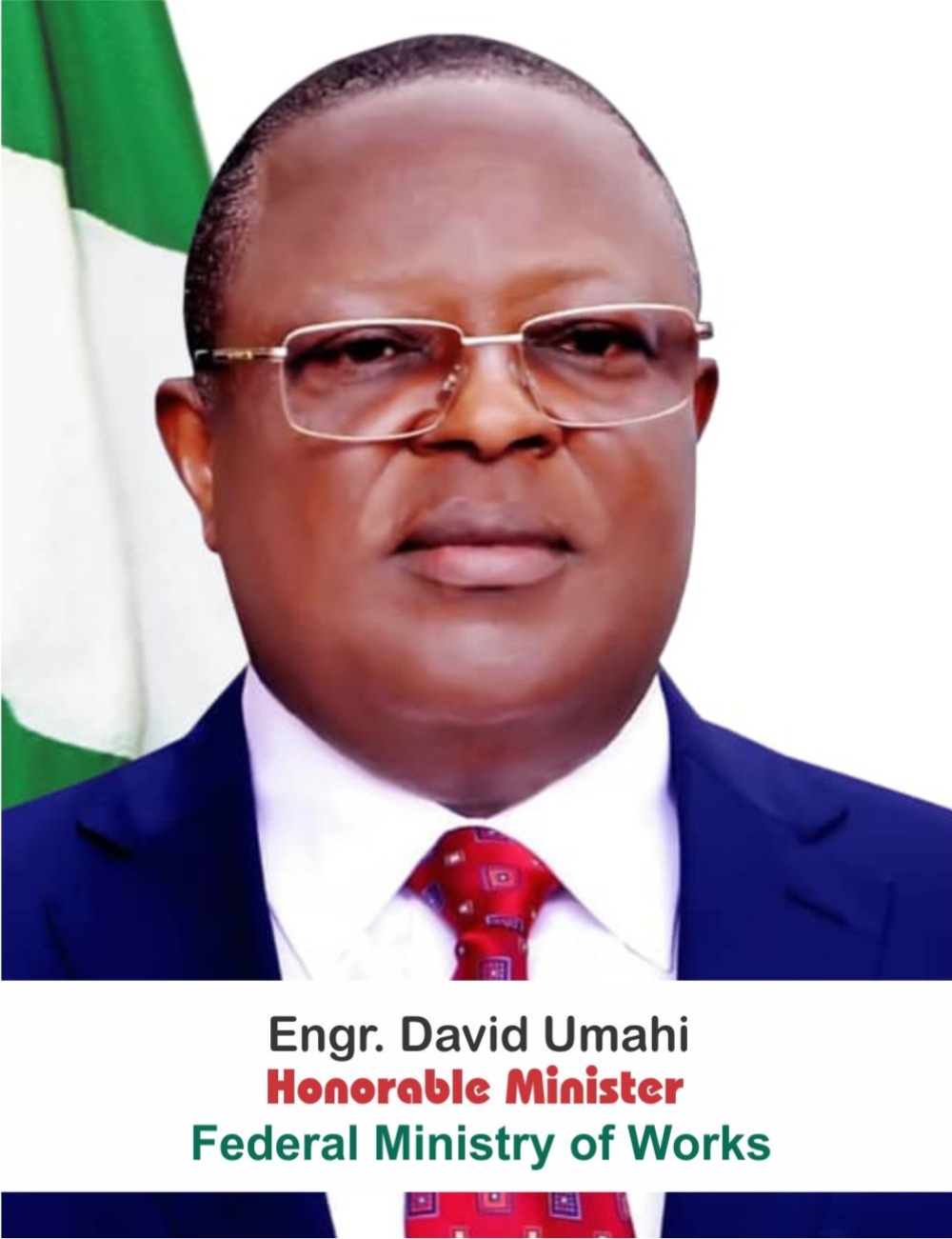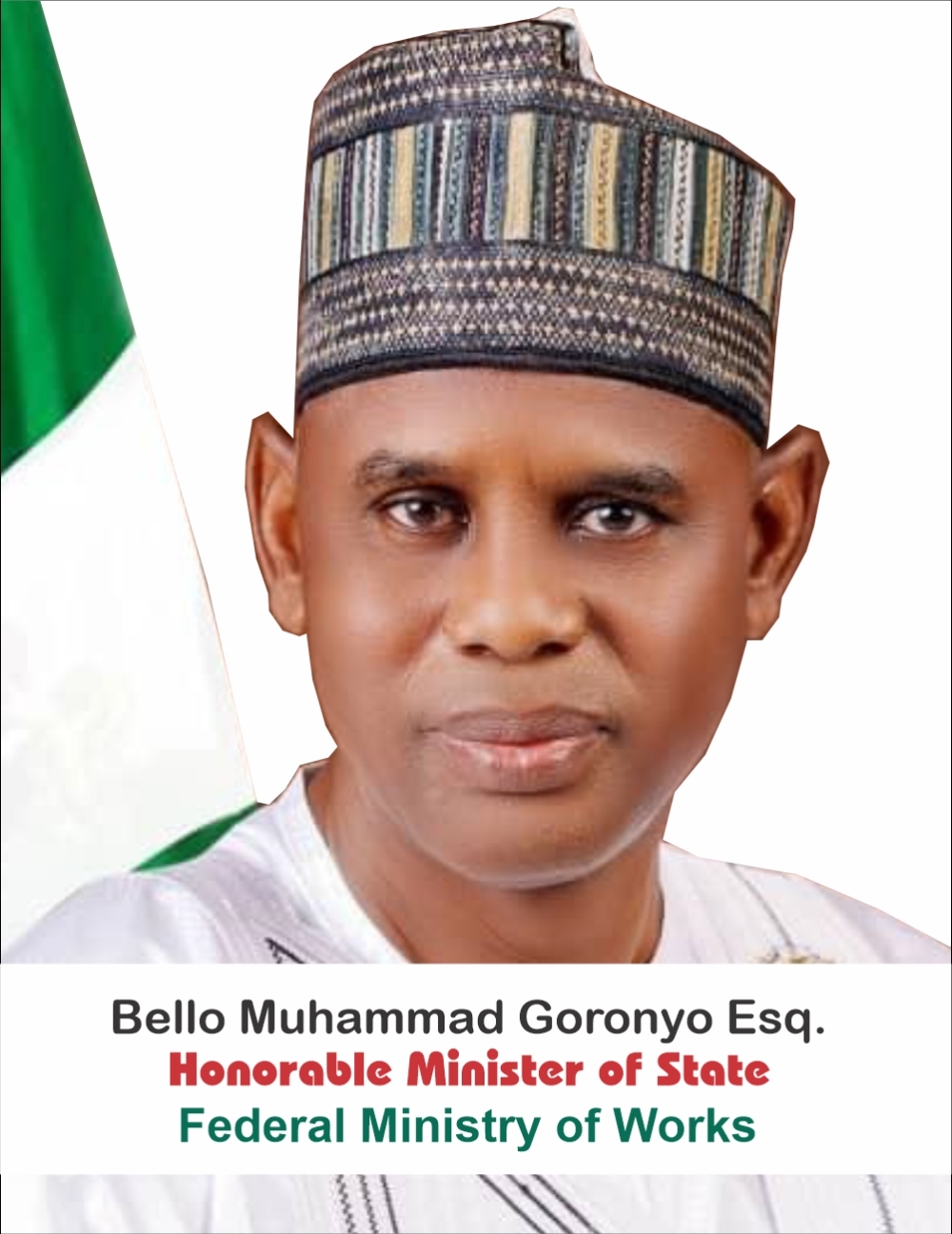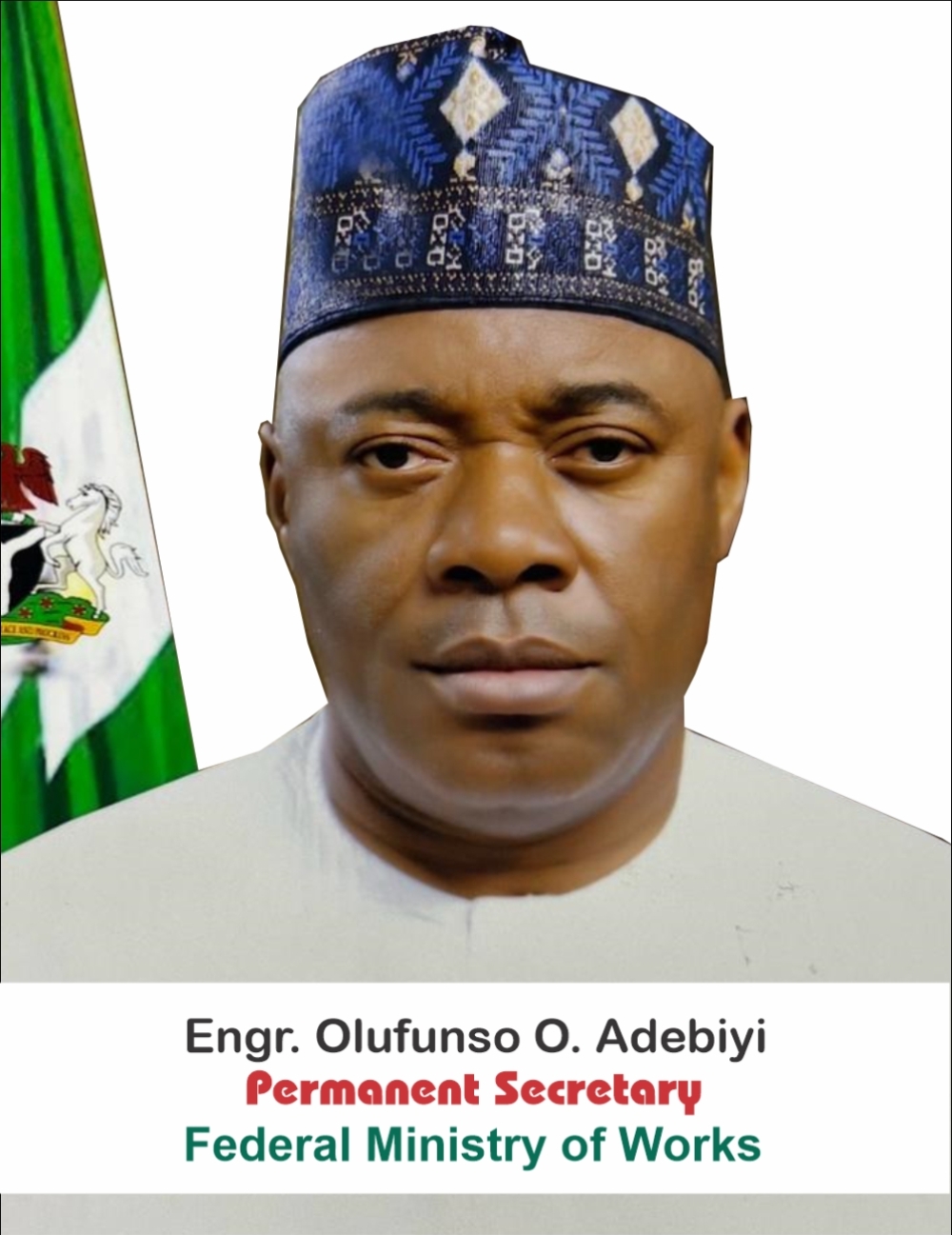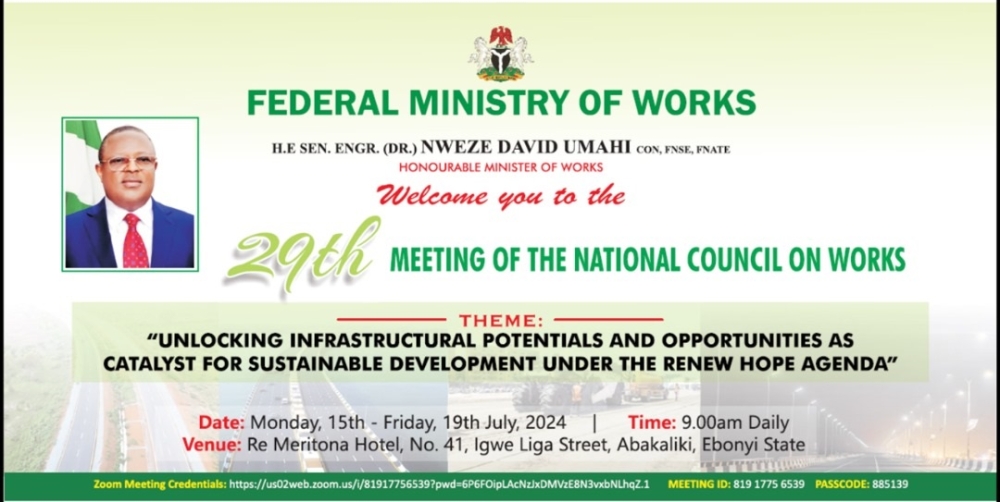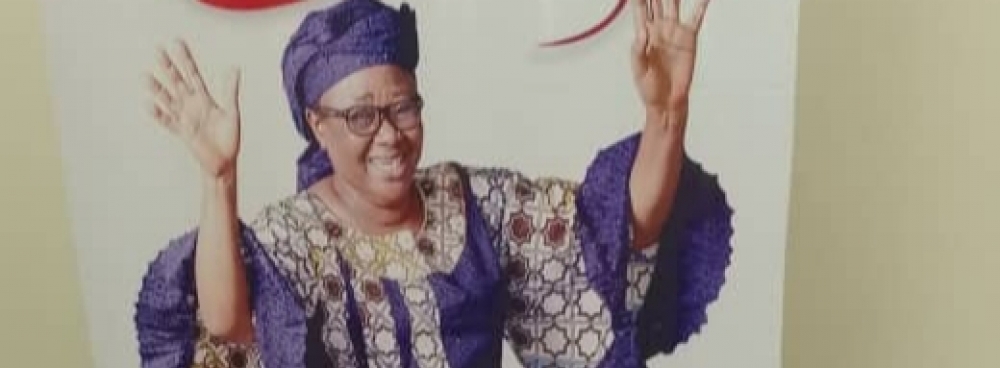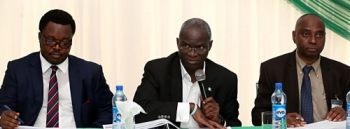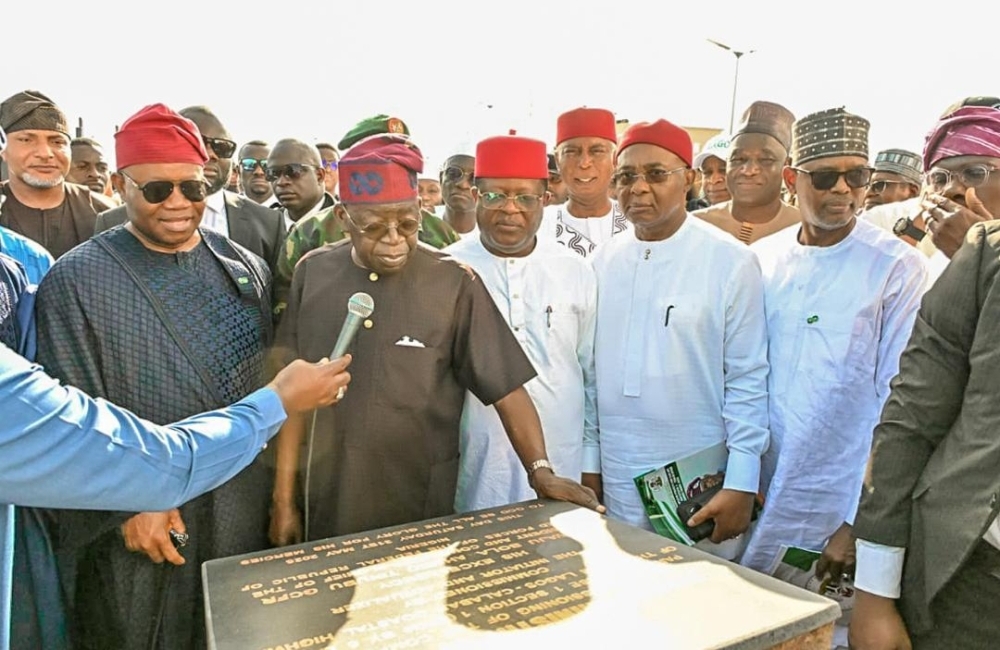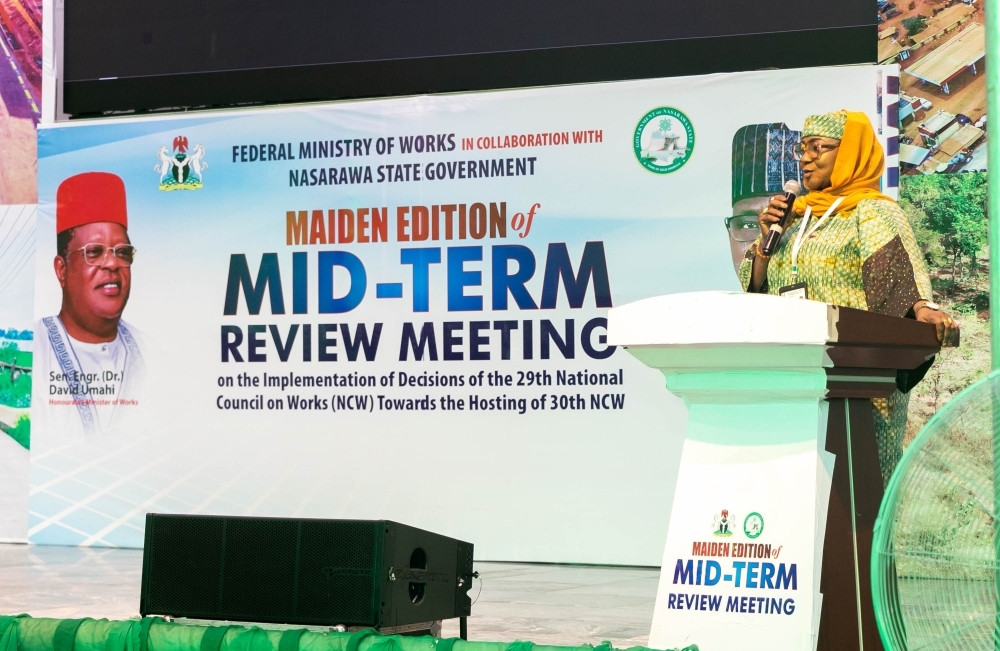Remarks By Babatunde Raji Fashola, SAN At The 22nd Monthly Power Sector Operators Meeting, Lokoja, Kogi State On Monday, 11th Of December 2017
I welcome you warmly to this monthly meeting holding in Kogi state; which incidentally is our last meeting for the 2017 calendar year.
Therefore, it provides us an opportunity to reflect, not only on what has happened last month but also to assess how far we have progress through the whole year with our road map of incremental, stable and utilmately uninterrupted power.
Please recall that in January 2017, up till March 2017, power production was significantly low, largely as a result of the lack of gas and the disruptions in the Niger Delta.
By collective action of Government and all of you, many of these challenges have either been fully overcome or brought under control and management.
Government has responded with policies and actions like the N701 Billion payment assurance guarantee which has brought confidence to the production side of the power business and resulted in increased power production taking us to an all-time high of over 7,000 MW of power availability.
Government action in Transmission service expansion through TCN, and your feedback about service points where you require service from TCN, has helped to increase Transmission capacity which took us to over 4,000MW grid available power, that was relatively steady.
In the course of the year, slowly but steadily, the incidents of total and partial grid collapses have began to reduce.
Last month, at our meeting in Asaba, we resolved to maintain the progress even though the rains had gone.
I am happy to report that in the last month, reports and feedback confirm that we have surpassed not only our peak of grid supply during the rains, we have surpassed Nigeria’s highest ever peak grid supply.
As at Tuesday 5th of December 2017, the peak supply reached 5,019 MW, which was below the 5,074 MW we achieved in January 2016.
However, on Friday 8th December, 2017, grid supplied power peaked at an all-time high of 5,155 MW, over the January 2016 figure of 5,074 MW.
It is a major milestone in our journey of incremental power and if we keep our feet on the ground and we remain focused and unexcited, we will improve on it, and hopefully get to the second leg of our journey which is steady power.
No one person can claim individual credit for this progress. It is the product of teamwork starting from the leadership provided by President Buhari, many people in Government and in your companies who the public will never see, but all of whom I salute for their service; and of course the hard work by all of you.
While I value the work that you have done, I will implore you to remember that Nigerians expect more and there is still a lot of hard work ahead.
The fact that we can produce over 7,000 MW and can now only put over 5,000 MW on the grid means that we have 2,000 MW of unused power left in a country where many still require power.
This is a new problem that we must resolve.
We must get that 2,000 MW out to the people who need it, because more power is coming in 2018 from places like Azura (450 MW); Katsina wind (10 MW); Gbarain (115 MW); Kashimbilla (40 MW); Afam III (240 MW); Gurara (30 MW); Dadin Kowa (29 MW); and Kaduna (215 MW) to mention a few.
All of these do not include mini-grids and solar systems that are in various stages of development.
This may appear to be a lot of work. Yes, that is one way to see it.
But I see it as a momentous opportunity and privilege to be part of a revolution that will change the course of Nigeria irreversibly for the better.
If you see it this way, you will brace yourself for the exciting journey that lies ahead to solve the problem of lack of meters, estimated billing, and other service related issues.
You will be in a position to put a smile on the faces of Nigerians who trust in our ability as a Government and a team to deliver on their power expectations.
This part of the journey requires us to think about what we can do individually and collectively about how to make it better.
It requires us to jettison our fixed positions and prejudices, it requires us to offer solutions not disagreements and to demonstrate a willingness to try out new things.
Therefore, as we set out on this new phase of our exciting journey permit to address some of the things we must do quickly from now into the new year of 2018 and beyond.
On Thursday, 7 December 2017, I was listening to a radio program where a small business operator was discussing her fish business and the problems she was encountering.
She was one of the many people whose lives President Buhari is committed to changing for the better.
As you would expect, she complained about power supply but she did not say where she was or where her business is located.
This happening at a time when, as I have announced, that we are now able to produce up to 7,000 MW of power and able to transport a similar capacity.
It happened 48 hours after we successfully reached the peak supply of 5,019 MW put on the grid and distributed on 5th December 2017 and before the peak of 5,155MW.
It happened while the mini grid summit, the largest ever attended in Africa, with 600 participants from about 40 countries holding in Abuja, was coming to its closing stages to decide how to deploy mini grid electric supply to those unserved and under-served places and small businesses in Nigeria.
It showed clearly that there is a gulf between the location of the need and the location of supply.
If we can produce 7,000 MW but we can only distribute about 5,000 MW, the problem has changed from lack of power to locating where the need is and designing a solution that takes the balance of 2,000 MW to those who need it, who can use it and who can pay for it.
We must act to build the bridge that connects this gulf of supply and demand.
That bridge is a bridge of data and information about finding the location of the businesses and industries that need power and getting the 2,000 MW that is waiting for deployment to them.
The conversation clearly must change from there is no power, to what needs to be done to connect to the 2,000 MW that is available, and the additional power, which will come into production in 2018.
I have taken the first steps towards collecting the data.
I called the DG of the Lagos Chamber of Commerce and the President of Manufacturers Organisation on the need to meet with them to do some of the following:
Identify the location of their members who need power and do not have it;
Determine the quality and power rating of their equipment as the basis for an energy audit that tells us what each business or manufacturer needs and what the estate or industrial cluster will need;
Identify the closest connection point to the company from they can be connected to part of that unused 2000 MW power.
D. Determine the cost of the upgrade and equipment and how it can be financed on a win-win basis between the Genco - Disco and the factory or cluster.
This is the action that my team and I are convinced is necessary to connect supply with demand.
We want to supply power, but everybody must help us by letting us know where they are, especially the big consumers.
This is what the eligible customer seeks to do.
We should stop resisting it and instead embrace it to see what it offers in terms of problem solving.
Policy initiatives such as this take time to settle and they do not come without challenges.
But we cannot understand the challenges, talk less of overcoming them without first trying.
I expect that very early in the New Year, we will be able to achieve a collaboration with Manufacturers Association of Nigeria and other Chambers of Commerce and Industry to jointly take this momentous step.
Thank you for your attention.
Babatunde Raji Fashola, SAN
Honourable Minister of Power, Works and Housing
Monday 11th December 2017
